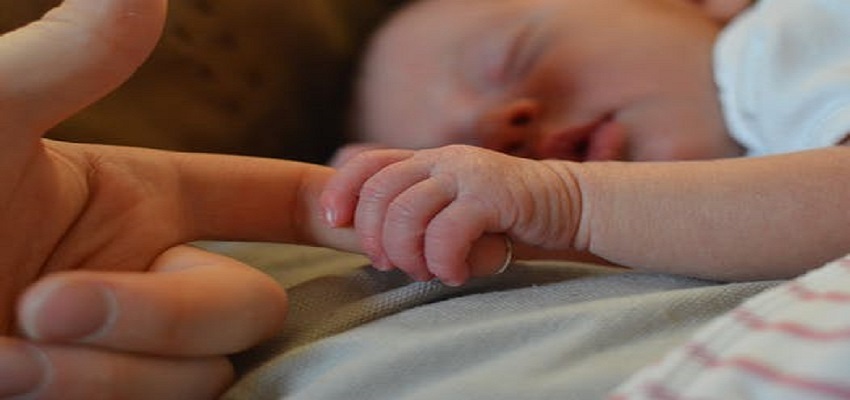Ireland's Position

Ireland is one of the safest place in the world to have a baby
Experts tell us that abortion is not medically necessary to save the life of a mother. There are NO conditions arising in pregnancy that can ONLY be treated by directly ending the life of the unborn child.
That's what the medical evidence and the testimony of leading medical experts proves.
There are 4 important points to remember:
A. Abortion is the deliberate and intentional destruction of an unborn child. Medical treatment is any treatment needed to save a pregnant woman’s life - including premature delivery of the baby if required. Even though the baby may not survive, every reasonable attempt to save the baby’s life would be part of the medical intervention.
B. These medical treatments are NOT abortions, they are not considered abortion by the professional, and abortion campaigners are being both dishonest and insensitive to mothers to pretend otherwise.
C. If ANY medical condition arises during pregnancy, such as cancer or ectopic pregnancy, doctors in Ireland will ALWAYS treat the mother even if that gives rise to the unintentional death of their baby. That’s because the intent of the treatment is to save the mother, not to kill the baby.
D. The guidelines of the Irish Medical Council state that doctors are obliged to give all necessary medical treatment to pregnant women, even if causes the unintentional death of their unborn child. Furthermore, they state that if doctors fail to treat women in these situations, they may be struck off the register.
Successive reports from the United Nations and the World Health Organisation (released in 2007 and 2012) have repeatedly confirmed that Ireland is the safest place in the world for a mother to have a baby.
The Institute of Obstetrics and Gynecology told a Parliamentary Committee in 2000 that “95% of members of the Institute of Obstetricians and Gynecologist ssurveyed said that they could preserve mother’s lives and health without abortion.”
It is important to remember that Irish doctors are always obliged to intervene to save the life of a mother - even if that risks the life of her baby. In fact, the Medical Council are very clear in this regard.
Excellent Mortality Rates
Irish maternal mortality figures are excellent. They compare more than favourably with those of England and Wales, Scotland and Northern Ireland.Between 1984 (the year after the passing of the Eighth Amendment) and 1996 (15 year period) Irish maternal mortality figures were consistently better than those in England and Wales. In 1996, for instance, there were 50,390 births in Ireland and there was 1 maternal death.In 1982, a review of all maternal deaths in the National Maternity Hospital, Dublin, over a ten-year period revealed that there were 21 maternal deaths from a total of 74,317 births. Analysis of the cause of death in each case led the authors of the study to conclude that the availability of induced abortion would not, in any way, have reduced the number of maternal deaths over the study period. A 1996 countrywide published study of maternal mortality in Ireland between 1989 and 1991 revealed five direct maternal deaths arising from 157,752 births giving a rate of 3.2 per 100,000.
The authors commented:
The Republic of Ireland is unusual in the developed world in that termination of pregnancy is not available, This does not appear to have influenced these figures significantly, the maternal mortality rate directly due to obstetric causes being half that in the nearest European neighbour, i.e. England and Wales.
United Nations figures confirm this
Independent United Nations figures further re-enforce this finding and confirm that Ireland has the one of the lowest maternal mortality rate in the world. Britain and the United States, where abortion on demand is freely available, rank joint 14th on the league table for industrialized countries.Because of a countrywide hospital confinement rate in excess of 99% of total births and the publication of annual reports by the three Dublin Maternity Hospitals (which together, account for nearly half of all births in the country), the published figures suggest that Irish maternal mortality figures are complete and that the data are accurate.In Britain, however, there appears to be some discrepancy between official figures published by the Central Statistics Office and those compiled by the Committee of Inquiry into Maternal Deaths in the United Kingdom, reporting every three years, which suggests a degree of under-reporting. Such is not the case in Ireland.
Report on Maternal Mortality by World Health Organisation, UNICEF, UNFPA and the World Bank, 2007
Links
World Health Authority Maternal Mortality Report 2005 (published 2007)
http://www.youthdefence.ie/am_cms_media/what-the-experts-say-leaflet.pdf